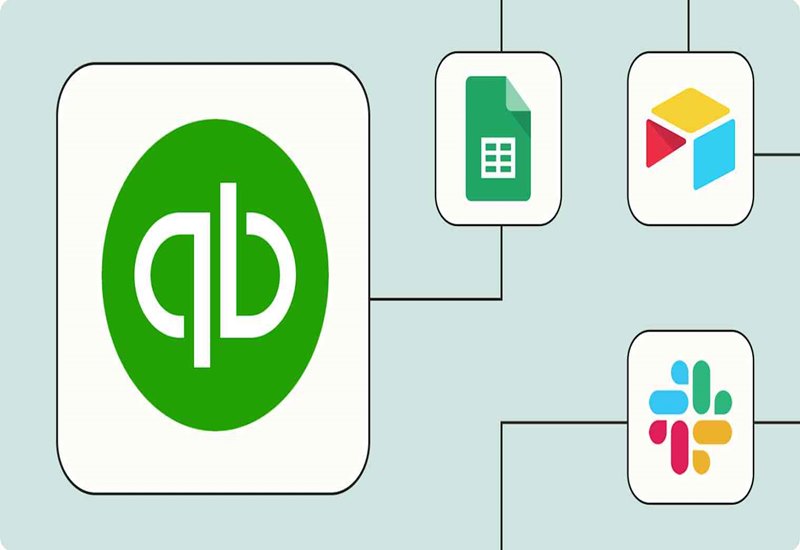In today’s competitive business environment, managing finances efficiently is essential for success. A billing clerk plays a pivotal role in ensuring smooth financial operations by handling invoices, tracking payments, and maintaining accurate records. This article explores the key responsibilities of a billing clerk, their impact on cash flow management, and real-world examples of successful billing strategies.
Key Responsibilities of a Billing Clerk
A billing clerk serves as the backbone of a company’s billing operations. Their duties include:
- Invoice Preparation and Delivery:
- Payment Tracking:
- Monitoring incoming payments and updating records promptly.
- Reconciling discrepancies between invoices and payments received.
- Client Communication:
- Addressing client inquiries related to invoices.
- Sending payment reminders and following up on overdue accounts.
- Record Maintenance:
- Organizing and maintaining a database of all billing transactions.
- Ensuring compliance with legal and company standards for document storage and retrieval.
- Collaboration with Other Departments:
- Coordinating with sales, customer service, and accounting teams to resolve billing issues.
- Providing financial insights to assist with budgeting and forecasting.
By managing these tasks effectively, billing clerks help businesses operate smoothly and maintain positive client relationships.
Impact on Cash Flow Management
Cash flow is the lifeblood of any business, and a billing clerk’s role is instrumental in its management.
- Timely Invoice Delivery:
- Sending invoices promptly ensures customers have sufficient time to process payments, minimizing delays.
- Payment Tracking and Follow-Up:
- Monitoring payments and sending reminders for overdue accounts helps maintain a steady cash flow.
- Effective follow-ups reduce the risk of bad debts.
- Error Reduction:
- Accurate billing minimizes disputes, speeding up the payment process.
- Clear and transparent invoices build trust with clients.
- Forecasting and Budgeting:
- Detailed billing records provide insights into revenue patterns, helping businesses predict cash inflows and allocate resources effectively.
A competent billing clerk ensures financial stability by streamlining the flow of funds into the business.
Case Studies of Successful Billing Strategies
Case Study 1: Automating Invoice Generation
A mid-sized marketing agency struggled with manual invoicing, leading to frequent errors and payment delays. By implementing billing software and training their billing clerk on its use, they reduced errors by 80% and improved payment timeliness by 50%. This automation allowed the clerk to focus more on client communication and resolving disputes, further enhancing cash flow.
Case Study 2: Proactive Payment Follow-Ups
A logistics company faced significant revenue loss due to overdue accounts. The billing clerk introduced a structured follow-up system using automated email reminders. Clients appreciated the polite, consistent reminders, resulting in a 35% decrease in overdue payments within three months.
Case Study 3: Detailed Invoice Customization
A graphic design firm found that their clients often delayed payments due to unclear invoices. The billing clerk began customizing invoices with itemized details and project timelines, making it easier for clients to process payments. This clarity not only reduced disputes but also improved client satisfaction and retention.
Conclusion
The role of a billing clerk goes far beyond generating invoices. By ensuring accuracy, timeliness, and transparency in billing processes, they significantly impact a business’s financial health. Their contributions to cash flow management and collaboration with other departments make them indispensable for organizational success. With the right strategies and tools, billing clerks can streamline financial operations, boost efficiency, and foster long-term growth.
Investing in skilled billing clerks and empowering them with modern tools and training is a wise decision for any business aiming to thrive in today’s competitive market.




